Racial Discrimination
Forum discusses racial discrimination in Nova Scotia
Issues of discrimination in the province are brought to light
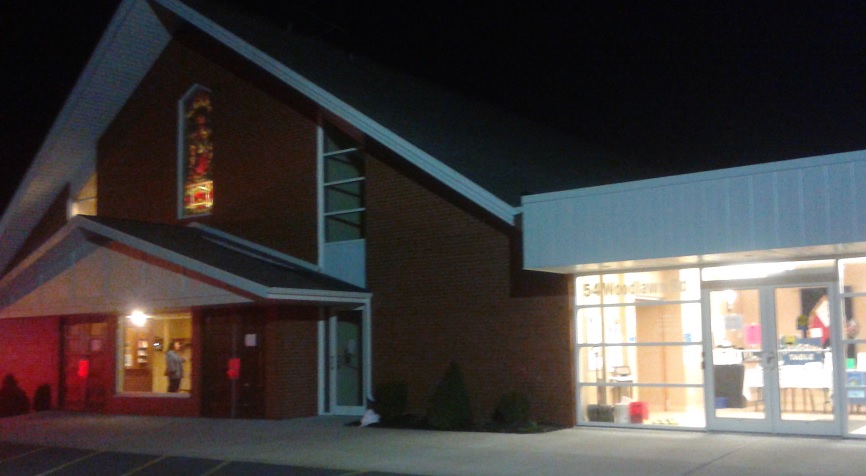
caption
A small church in Dartmouth was the site of a large discussion on racism.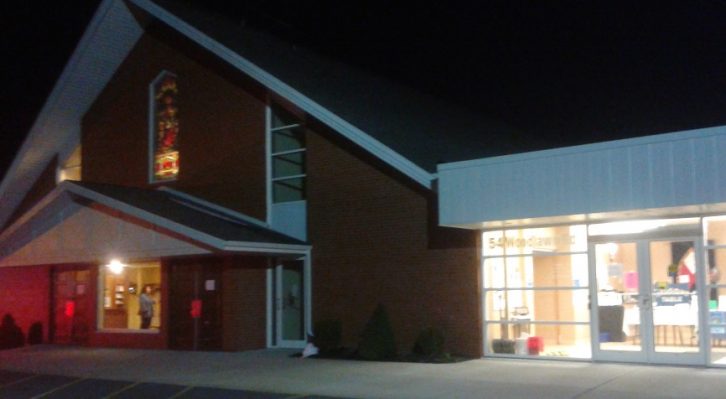
caption
A small church in Dartmouth was the site of the discussion.A speaker’s forum on racism shows there is still a long road ahead in the battle against racial discrimination in Nova Scotia.
“Black people are both hyper-visible and yet invisible,” said Tina Roberts-Jeffers, a community and education activist in Halifax.
She said her experiences with racial prejudice in the school system started in the U.S. and only continued after moving to Canada. She said she chose Halifax over another opportunity in Florida based on the prospect of a better school system and better access to health care.
“Little did I know the same challenges that plague American school districts also plague Canadian institutions,” Roberts-Jeffers said.
Roberts-Jeffers and four other speakers came together on Tuesday for a forum discussion on racism. The event was held at the Woodlawn United Church in Dartmouth, to mark the International Day for the Elimination of Racial Discrimination.
She said many of the black students who are placed on Individualized Program Plans (IPP) in Halifax are done so without adequate documentation to justify it. She said these unjustified IPPs limit a student’s options after graduation.
“Someone looks at a child like I was looked at, and they say this is what your ability is,” Roberts-Jeffers said. “It’s very hard to overcome that as an individual.”
Inequality
Ingrid Waldron is an associate professor at Dalhousie University’s school of nursing. She spoke about how racism is affecting all levels of education, criminal justice, health care and employment.
According to the 2011 National Household Survey, African-Nova Scotians had an unemployment rate of 14.5 per cent. The same survey showed that the rest of Nova Scotia only had an unemployment rate of 9.9 per cent.
“It’s extremely important for communities to give credence to the impact of structural forms of racism even if they don’t experience it themselves,” Waldron said.
Quentrel Provo also spoke at the forum, and he provided personal anecdotes to show that equality isn’t improving in the province.
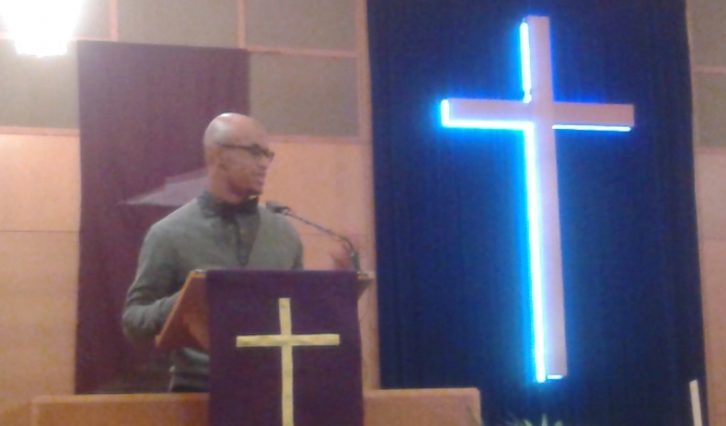
caption
Provo shared his experiences with racial prejudice in Nova Scotia.Provo, founder of the Stop the Violence campaign, gave listeners a look into his experiences growing up as a black man in Nova Scotia.
Provo said he uses his religious faith to stay strong against prejudice. He said it’s those who don’t have that faith foundation who are most vulnerable to discrimination in Nova Scotia.
“I’m the type of person that can deal with it,” Provo said. “The big reason why we have a big problem with violence here is because a lot of our kids are angry because they’re not treated fairly.”
Rana Zaman and Alan Knockwood provided other perspectives. Zaman is a community activist against Islamophobia and Knockwood is a Mi’kmaq elder and environmental activist.
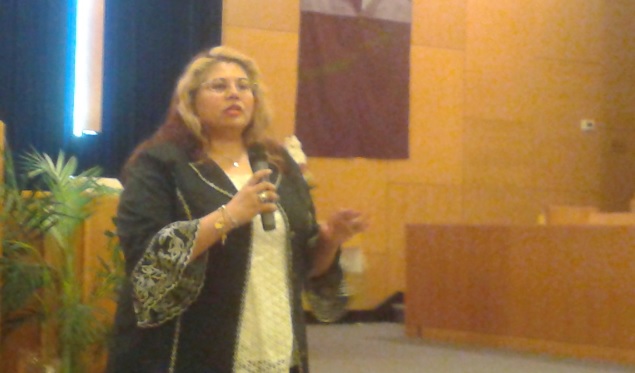
caption
Rana Zaman spoke about how the media has created a distrust of Muslims.Zaman suggested a call to action to the group of 50 or so people at the event.
“You have to be ambassadors,” Zaman said. “You are the ambassadors of goodwill, of understanding and unity. If you go back out and speak to just one person you will start something, and at some point you might even change someone’s mind about how they think about the ‘other.'”
Knockwood noted this was not his first experience talking about the battle against racial discrimination.
“I’ve been doing this speech for the last 45 years praying this is going to be the last one,” Knockwood said. “What happens is that it gets worse; we become more polarized.”
Taking action
The event took an unexpected turn when the forum was opened up for questions. The first person who spoke said racism is not only scientifically justified, but a good thing for the protection of white people.
Panellists answered by talking about how people can do better by making changes in the system, combating ignorance and striving towards unity.
“We have to practice every opportunity that we have to say something, to interrupt,” Roberts-Jeffers said.
“It’s amazing to me that we came here tonight for this event aimed at eliminating racism and the first comment was a comment that promoted the idea that racism isn’t a problem. That is the absurdity of living in Canada in 2017.”
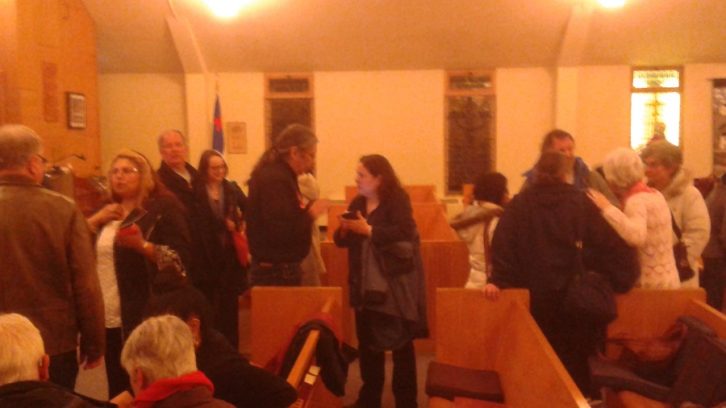
caption
Speakers and attendees discuss the elimination of racism in Nova Scotia.In what was a very raw and, for some, uncomfortable discussion, several attendees lined up to provide their own perspective about how racial progress is or isn’t being made in Nova Scotia.
“This forum should not be about us feeling good about ourselves,” Waldron said. “It’s about the fact that white people hold privilege and positions of power in this province to make changes, and for the most part they have not because of ongoing perceptions of people of colour as inferior.
“We hold you, white people, accountable for making the changes and if that doesn’t happen, none of the issues that we discussed today will ever change.”
